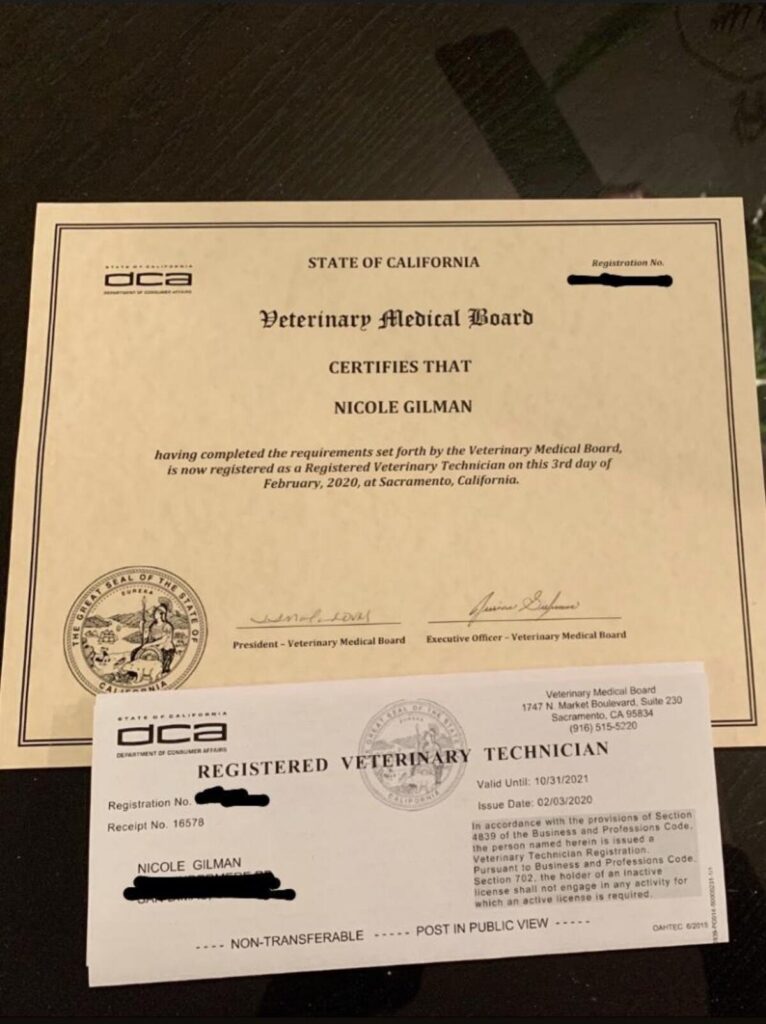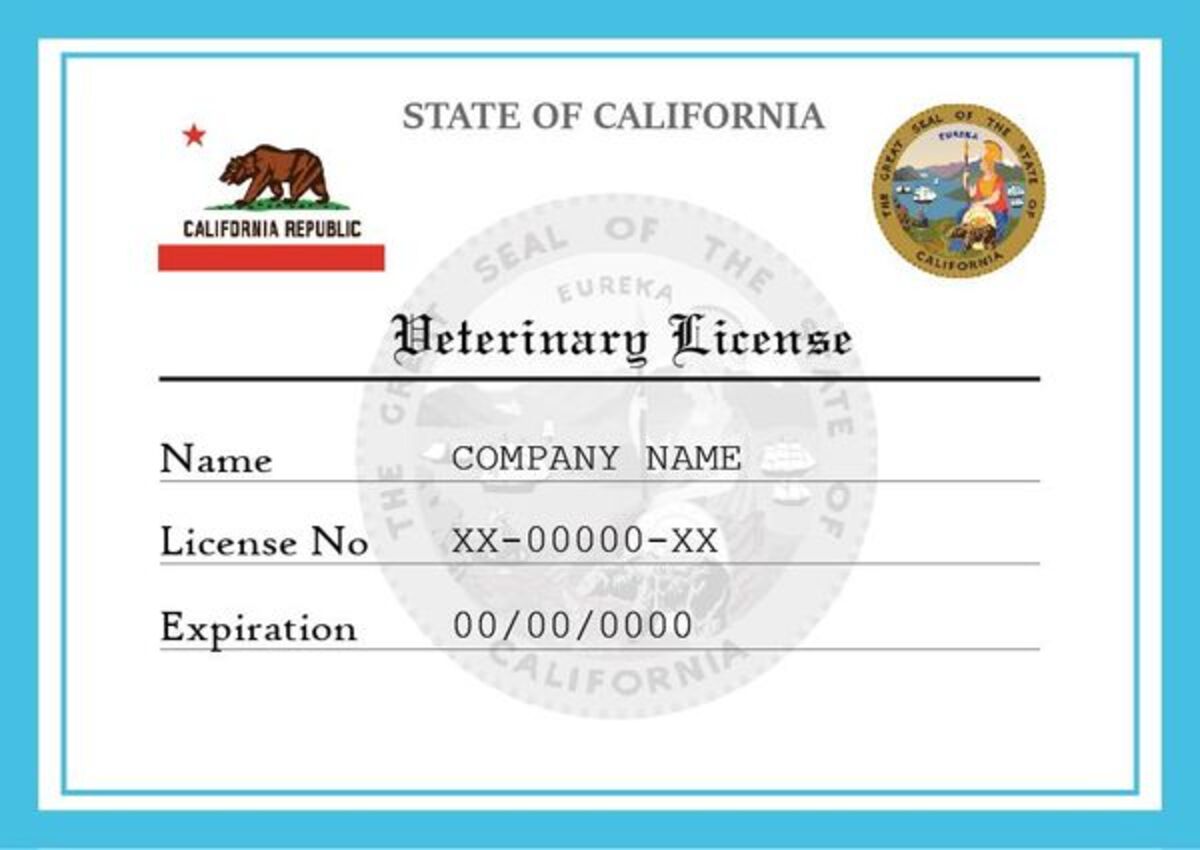Introduction
Preparing for the California Veterinary Law Exam (VLE) is a crucial step for veterinarians aiming to practice in the Golden State. Navigating the complexities of state-specific regulations can be challenging, but with the right California VLE study material for the veterinary law exam, success is within reach. This comprehensive guide provides essential resources, strategies, and insights to help you confidently tackle the exam and advance your veterinary career.
Understanding the California Veterinary Law Exam
The California VLE is designed to assess your knowledge of state laws, regulations, and ethical standards governing veterinary practice. Unlike national board exams that focus on clinical skills, the VLE emphasizes legal and professional responsibilities specific to California.
Exam Structure and Content
- Format: The exam typically consists of multiple-choice questions.
- Topics Covered:
- Licensure requirements
- Professional conduct and ethics
- Record-keeping and reporting
- Controlled substances regulations
- Veterinary-client-patient relationships
Why the VLE Matters
Passing the VLE is mandatory for obtaining a veterinary license in California. It ensures that veterinarians are well-versed in legal obligations, thereby protecting public health and animal welfare.
Essential California VLE Study Material for the Veterinary Law Exam
To excel in the exam, focus on authoritative and up-to-date resources:
1. California Veterinary Medicine Practice Act
The cornerstone of your study efforts should be the California Veterinary Medicine Practice Act. This legal document outlines all statutes related to veterinary practice in the state.
- Access Here: California Veterinary Medicine Practice Act
2. California Code of Regulations (CCR)
Title 16, Division 20 of the CCR contains detailed rules adopted by the Veterinary Medical Board (VMB).
- Review the CCR: CCR Title 16, Division 20
3. Veterinary Medical Board Resources
The VMB offers several helpful materials:
- Candidate Information Bulletin: Exam details and procedures.
- FAQs: Clarifications on licensure and examination.
4. Controlled Substances Guidelines
Understanding both federal and state regulations is critical.
- DEA Practitioner’s Manual: DEA Diversion Control Division
5. Continuing Education (CE) Requirements
Familiarize yourself with CE obligations to understand ongoing legal responsibilities.
- CE Information: VMB Continuing Education
Effective Study Strategies
Implementing strategic study methods enhances retention and understanding.
Create a Structured Study Plan
- Set Goals: Define what you need to learn each week.
- Allocate Time: Dedicate specific hours to studying different topics.
- Track Progress: Use a checklist to monitor what you’ve covered.
Active Learning Techniques
- Summarize Sections: Write summaries in your own words.
- Use Flashcards: For memorizing key terms and statutes.
- Teach Others: Explaining concepts can reinforce your understanding.
Practice Exams
- Simulate Test Conditions: Time yourself and avoid distractions.
- Review Answers: Understand why each answer is correct or incorrect.
- Identify Weaknesses: Focus on areas where you scored lower.
Join Study Groups
- Collaborate: Share resources and insights.
- Discuss Scenarios: Talk through hypothetical legal cases.
- Stay Motivated: Group settings can keep you accountable.
Attend Review Courses
- Professional Organizations: Check if the California Veterinary Medical Association (CVMA) offers prep courses.
- Webinars and Workshops: Look for online options if in-person attendance isn’t feasible.

Key Legal Topics to Master
Focusing on high-impact areas ensures efficient preparation.
Licensure and Renewal
- Application Process: Requirements and documentation.
- Fees: Understanding all associated costs.
- Deadlines: Important dates for application and renewal.
Professional Conduct and Ethics
- Standards of Practice: Expected professional behavior.
- Disciplinary Actions: Consequences of violations.
- Ethical Decision-Making: Approaches to common dilemmas.
Animal Welfare Laws
- Reporting Abuse: Mandatory reporting obligations.
- Humane Treatment: Standards for care and euthanasia.
- Shelter Medicine: Specific regulations for shelter environments.
Controlled Substances Management
- Prescribing Laws: Legal requirements for prescriptions.
- Record-Keeping: Documentation standards.
- Security Measures: Proper storage and handling protocols.
Veterinary-Client-Patient Relationship (VCPR)
- Establishment: Criteria for a valid VCPR.
- Telemedicine: Regulations governing remote consultations.
- Confidentiality: Privacy laws and client records.
Medical Record Keeping
- Content Requirements: What must be included in records.
- Retention Policies: How long records must be kept.
- Access and Release: Client rights to their animal’s records.
Advertising and Marketing Regulations
- Truthfulness: Prohibitions against misleading information.
- Testimonials: Rules regarding client endorsements.
- Specializations: Advertising areas of expertise appropriately.
Real-World Applications
Applying legal knowledge to practical situations solidifies understanding.
Case Study 1: Delegation of Duties
A veterinarian allows a veterinary assistant to perform tasks beyond their scope, leading to legal repercussions.
- Lesson: Know the limits of task delegation to unlicensed personnel.
Case Study 2: Mismanagement of Controlled Substances
Failure to maintain accurate logs results in a DEA audit.
- Lesson: Strict adherence to record-keeping protocols is non-negotiable.
Case Study 3: Informed Consent
A procedure is performed without proper client consent, resulting in a lawsuit.
- Lesson: Always obtain and document informed consent.
Frequently Asked Questions
Registration is through the VMB’s official website after meeting eligibility criteria.
Register Here: VMB Examination Information
The exam consists of multiple-choice questions covering various legal topics related to veterinary practice in California.
Yes, but there may be waiting periods and additional fees. Check the VMB guidelines for specifics.
The VMB offers resources like the Practice Act and FAQs but does not provide specific study guides.
Exam dates vary; consult the VMB’s schedule for the most current information.
Key Takeaways
- Utilize Official Resources: Focus on materials provided by the VMB and other authoritative sources.
- Employ Effective Study Strategies: Structured plans and active learning boost success rates.
- Understand Practical Applications: Real-world scenarios help in grasping complex legal concepts.
- Stay Updated: Laws can change; regularly check the VMB website for updates.
- Connect with Peers: Study groups and professional networks offer support and additional insights.
External Resources and References
- California Veterinary Medical Board (VMB): www.vmb.ca.gov
- California Veterinary Medicine Practice Act: Practice Act
- DEA Practitioner’s Manual: DEA Manual
- California Code of Regulations: CCR Title 16, Division 20
- California Veterinary Medical Association (CVMA): www.cvma.net
Read More: Do Hospitals Usually Settle Out of Court?
Preparing for the California Veterinary Law Exam may seem overwhelming, but with the right approach and resources, you can navigate the legal landscape confidently. By focusing on essential California VLE study material for the veterinary law exam and employing effective study strategies, you’re well on your way to a successful veterinary career in California.
Note: Always refer to the most current information provided by official sources, as laws and regulations may change.

Jonathan Hartley is a highly regarded senior criminal lawyer with over 15 years of experience in the UK legal system. He began his career at a prestigious law firm in London, where he specialized in both defense and criminal law. Known for his ability to craft compelling defense strategies, Jonathan has successfully represented clients in high-profile cases and earned multiple awards for his contributions to the field of law.
In addition to his legal practice, Jonathan is also an accomplished legal writer, contributing articles to top legal blogs and online platforms. His work not only provides valuable insights into legal matters but also meets Google’s E-E-A-T standards by delivering accurate, reliable, and trustworthy information to readers. Committed to legal ethics and public welfare, Jonathan actively participates in discussions on law and justice while educating the public through his writing.










